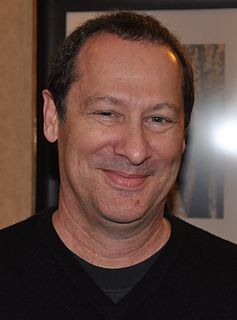A Quote by Burt Rutan
A NASA-funded study estimates that if the price of a ticket to space approached $100,000, close to a million people would buy one. That's a $100 billion industry. Microsoft cofounder Paul Allen gave me $20 million in startup funding to go after that market.
Related Quotes
The richer people, when they get another $100,000, or another million, or 10 million, don't tend to spend it as much as the poorer people would if they got another $100 or $1,000 or $5,000. All the empirical evidence suggests that the rich tend to consume a lower proportion of income than middle and lower-income people.
If some institution wants to sell you a billion dollars worth of mortgages, they might have to sell 100 million in the market, and then you'll buy the other 900 million on the same terms. Now, the very fact that this has been authorized or will be authorized, I hope, will firm up the market to some degree. And that's fine. But you don't want to have artificial prices being paid.
If you want to survive in the film industry, it's not about fighting for your visions because that's a given. It's thinking about how much is your vision going to cost, and then, what are the consequences, because you may have $100 million, but the reality is that $100 million needs to make $500 million to be a success.
One of the questions asked in that study was, How many Vietnamese casualties would you estimate that there were during the Vietnam war? The average response on the part of Americans today is about 100,000. The official figure is about two million. The actual figure is probably three to four million. The people who conducted the study raised an appropriate question: What would we think about German political culture if, when you asked people today how many Jews died in the Holocaust, they estimated about 300,000? What would that tell us about German political culture?




































